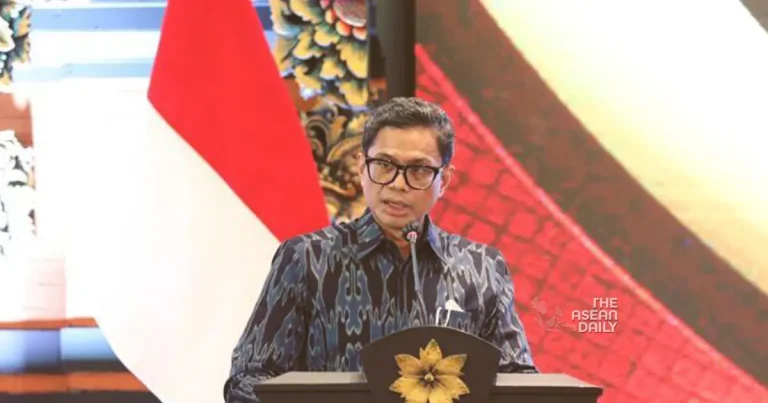12-3-204 (TOKYO) Indonesia is actively seeking increased investment from global companies to harness the nation’s rich mineral resources, according to Vice Foreign Minister Pahala Mansury. Mansury emphasized the strategic importance of Indonesia’s “downstream” initiative, aimed at promoting the processing of raw materials within the country.
President Joko “Jokowi” Widodo’s administration has adopted a policy that prioritizes the development of domestic processing industries for commodities such as nickel, rather than exporting the raw materials. However, Mansury acknowledged that attracting foreign investment is crucial to realizing this ambitious goal.
“To be able to actually process these critical minerals, as well as other natural resources through what we call the ‘downstream’ initiative that we have, of course we need to invite investment into Indonesia,” Mansury stated.
Indonesia’s unique position as a resource-rich nation, coupled with the global trend of companies diversifying their supply chains to mitigate geopolitical risks, presents a compelling opportunity for the country to capture a significant share of investments. Mansury emphasized, “The world is going through ‘de-risking.’ … They are looking for new countries to be able to develop the global supply chain of the manufacturing centers. We think this is actually a very good opportunity for Indonesia to capture that.”
Mansury, who leads Indonesia’s economic diplomacy efforts, was in Tokyo to engage with Japanese economic officials and corporate executives. His strategic approach is bolstered by his extensive business experience, having previously served as a director at Bank Mandiri and the president of the national carrier, Garuda Indonesia.
One of Indonesia’s most valuable assets is its position as the world’s largest producer of nickel, a crucial mineral for electric vehicle (EV) batteries. Mansury highlighted the potential for companies to establish a comprehensive battery manufacturing ecosystem within the country, stating, “There are many opportunities to be able to build a supply chain of battery manufacturing in Indonesia.”
He further expressed his hopes for automotive giants like Toyota to expand their focus beyond hybrid vehicles and actively contribute to the development of battery-powered EVs in Indonesia.
Indonesia’s ambition extends beyond minerals, as the nation aims to become an advanced economy by 2045, marking its 100th anniversary of independence. To achieve this goal, Mansury emphasized the need for annual growth rates to rise from the current level of over 5% to 6-7%, underscoring the crucial role of value-added industries in driving economic progress.
In an effort to attract foreign investments, Indonesia is actively pursuing membership in the Organisation for Economic Co-operation and Development (OECD), which requires adherence to high standards for its members. Mansury assured that Indonesia is taking steps to ensure market openness, a critical factor for foreign investors.
The nation’s development strategy encompasses diverse sectors, including shipbuilding and marine shipping, leveraging its geographical advantage as an archipelago. Mansury stated, “Indonesia is actually looking to be able to develop the downstream not only within the critical minerals area but also within the maritime sector. We think that the maritime sector can be a sector that can contribute significantly to not only food security but also energy security.”
Mansury expressed confidence that Indonesia’s development vision will transcend the current administration, with discussions already underway within the existing cabinet to ensure continuity beyond President Jokowi’s term, which ends in October.
Recognizing the significance of regional cooperation, Indonesia is actively building collaborations with various countries to reduce tensions in the South China Sea. While acknowledging China’s importance as a major trade and investment partner, Mansury emphasized the need to diversify economic cooperation with other nations, particularly in light of the ongoing territorial disputes with China around the resource-rich Natuna Islands.
“China is obviously one of our largest trade partners and also one of our largest investment partners. But we would like to also develop more and more with other countries to be able to actually continue to develop our economic cooperation going forward,” Mansury concluded.




